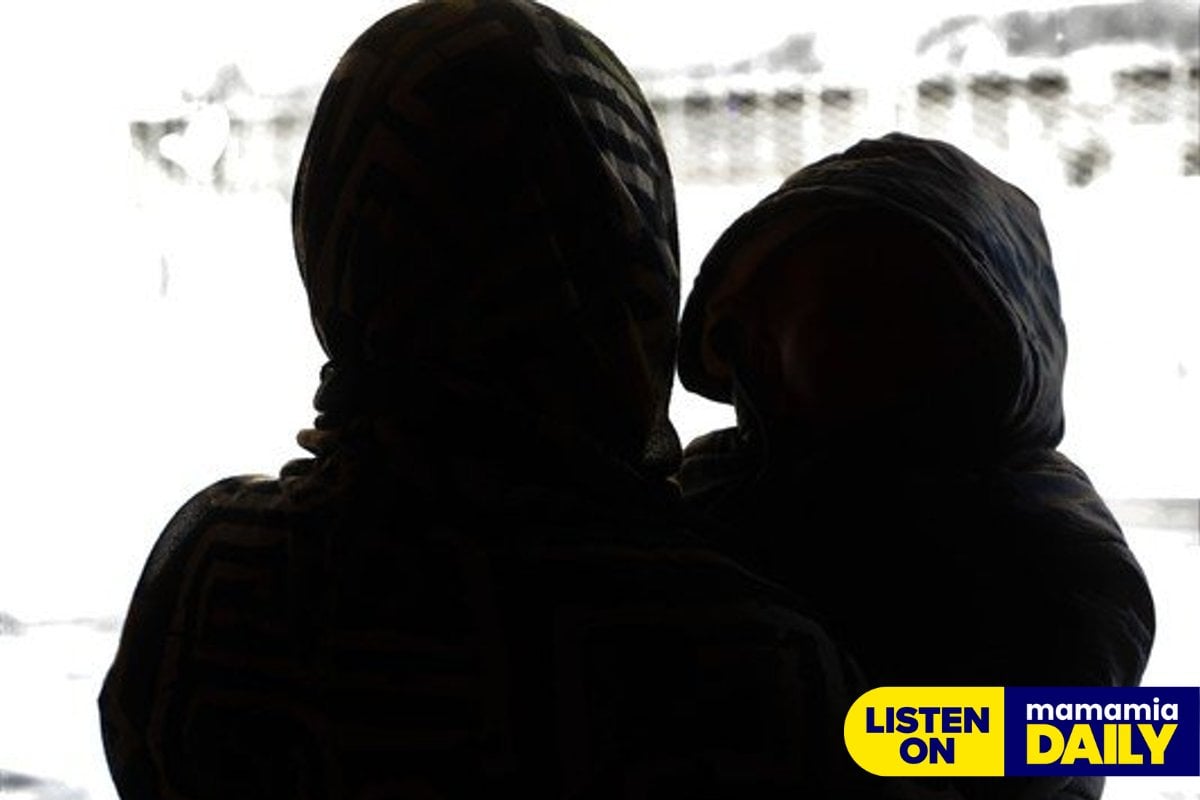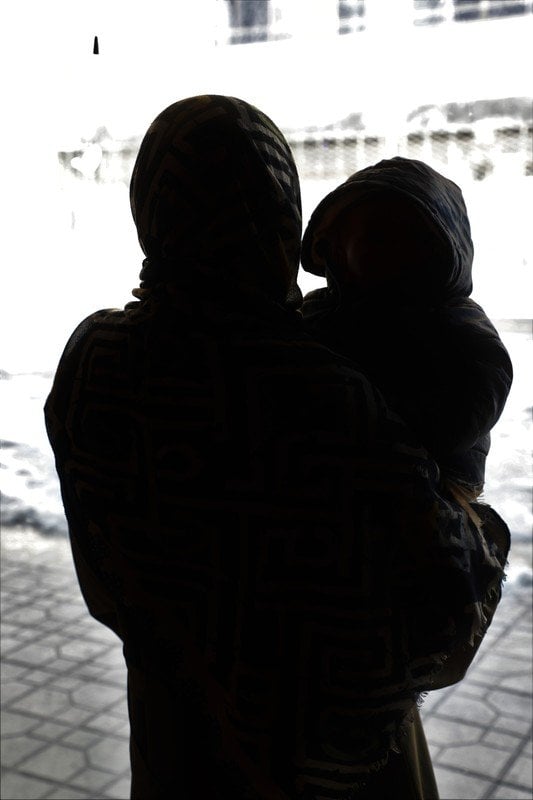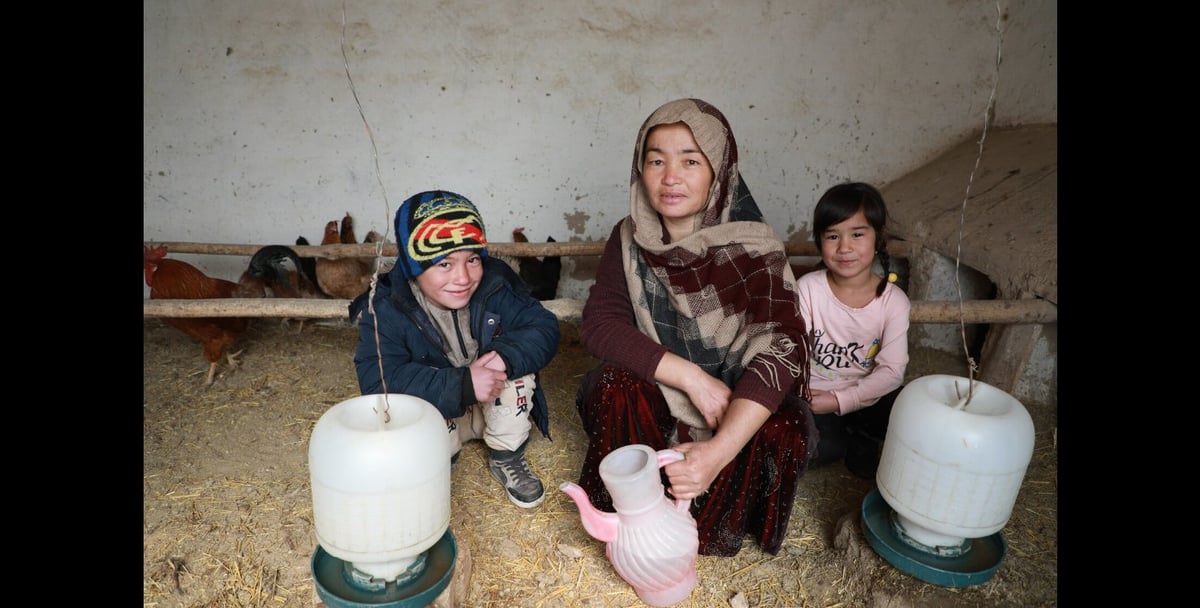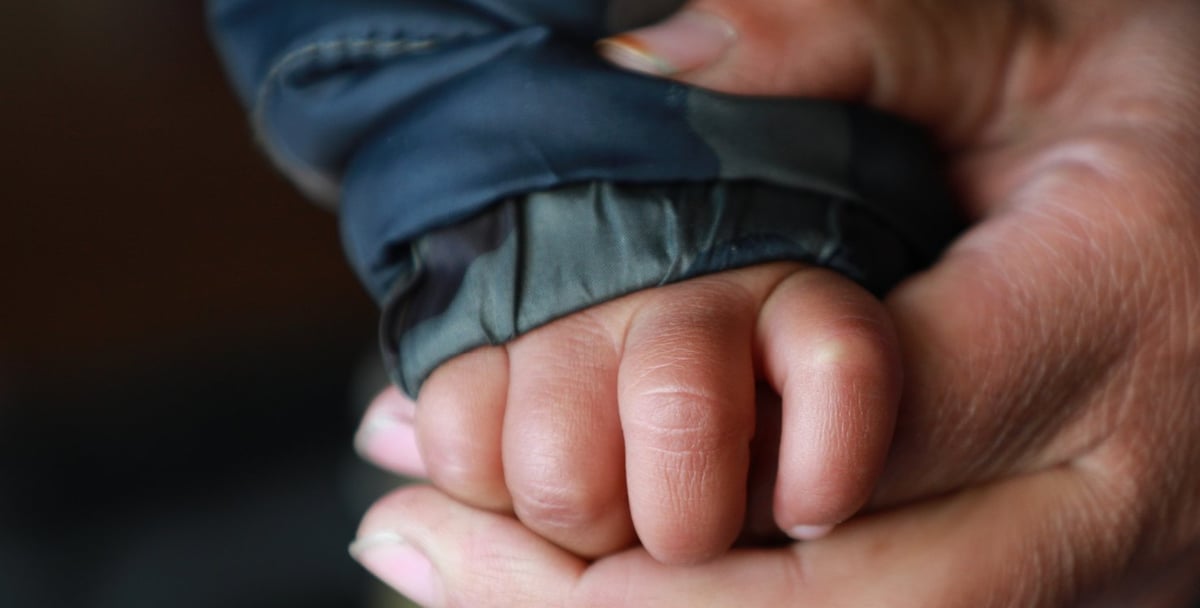
Listen to this story being read by Melody Teh, here.
I’ve travelled to some incredible places over the years in my work as a humanitarian photographer and communicator – Lebanon, Ethiopia, Mongolia, Papua New Guinea and Iraq among them.
Afghanistan has long been a country I’ve yearned to visit, and recently, I had the opportunity to.
Flying over Afghanistan was a jaw-dropping experience. Stark, jagged peaks, covered in snow, set against a brilliant blue sky were an incredible sight on that cold February morning.
I’ll be honest, my heart was beating a little faster than usual as I put my headscarf on and prepared to disembark the plane in Kabul - there were a lot of uncertainties.
But, after waiting in line and presenting my documents, I was warmly welcomed to Afghanistan and on my way - a stark contrast to the scenes that took place in that same airport in August last year.
In a country where jobs are hard to come by and prices have skyrocketed in recent months, cash assistance allows people to buy exactly what they need, whether it’s food, warm blankets for their kids or paying for medical treatment.
It also helps stimulate the local economy. I met Fatima* at a CARE cash distribution.
She told me how her children often go to bed hungry. Fatima’s husband has been sick for years, so can’t work, and her work is very irregular.
I asked her if she’d had to do anything extreme to help her family survive. She started answering my question in the local language, Dari, and her eyes filled with tears. I looked at my interpreter, who was listening intently, and his eyes filled with tears.



